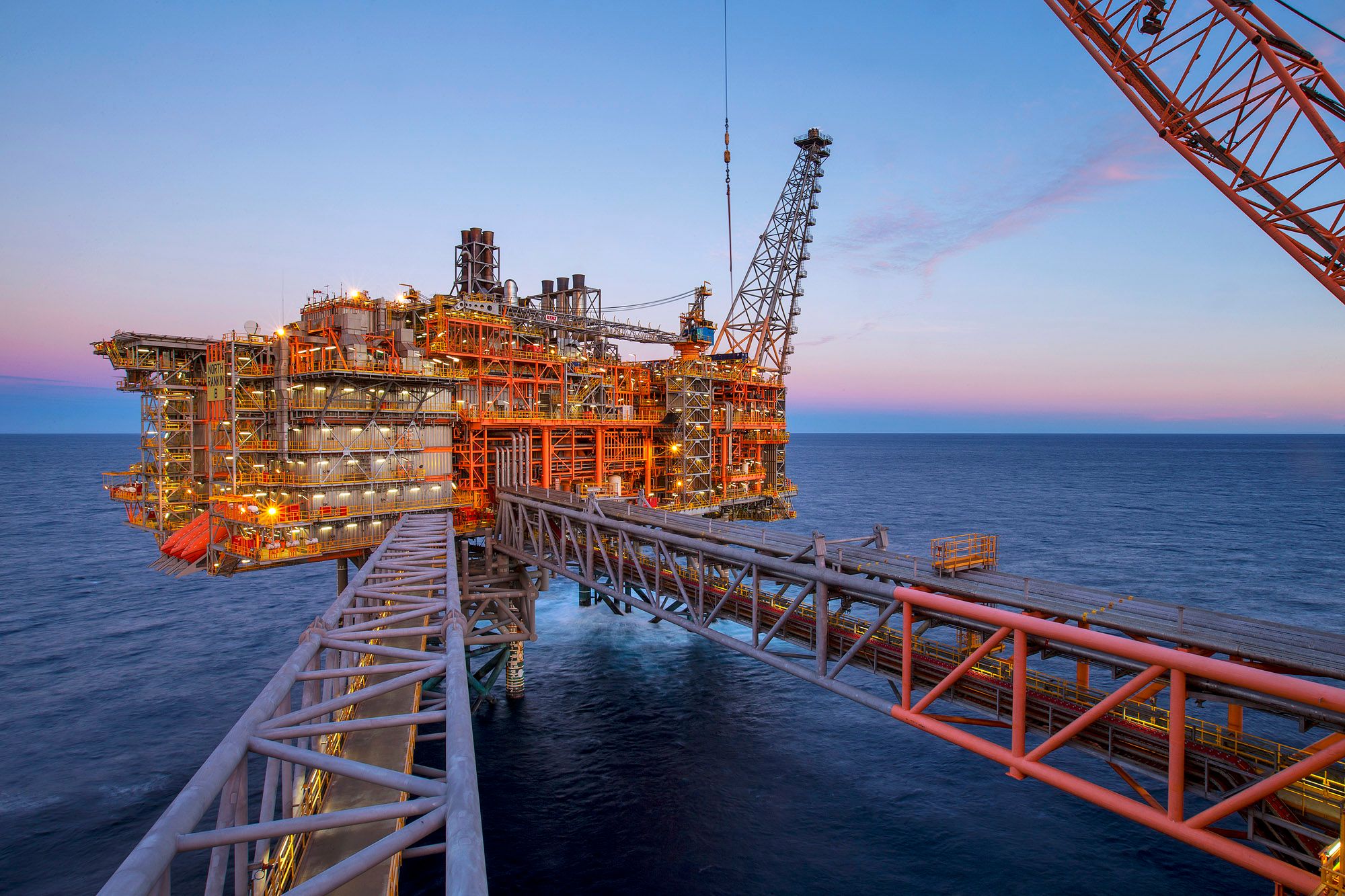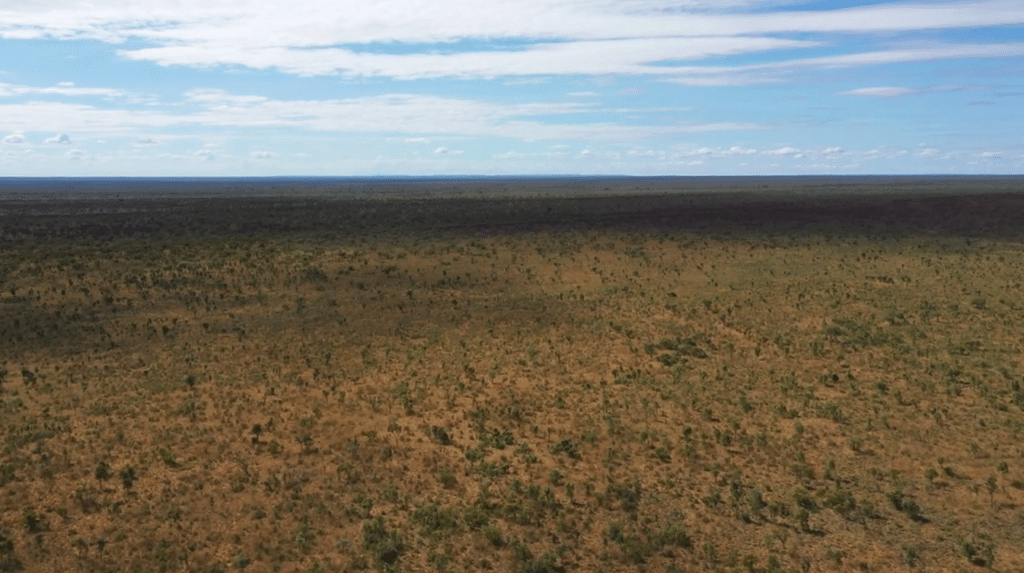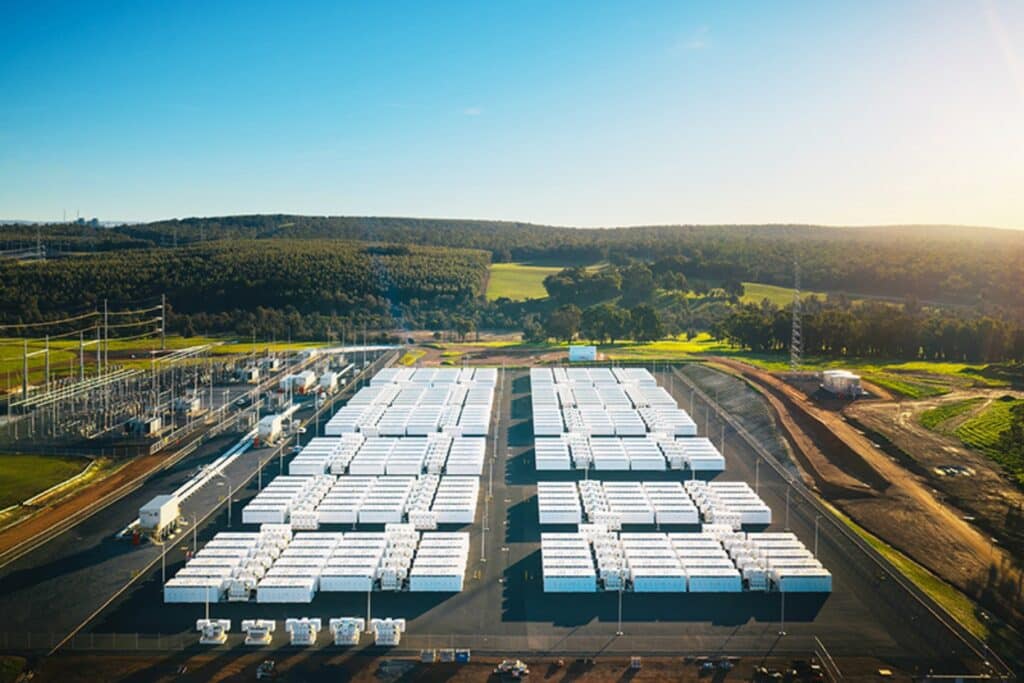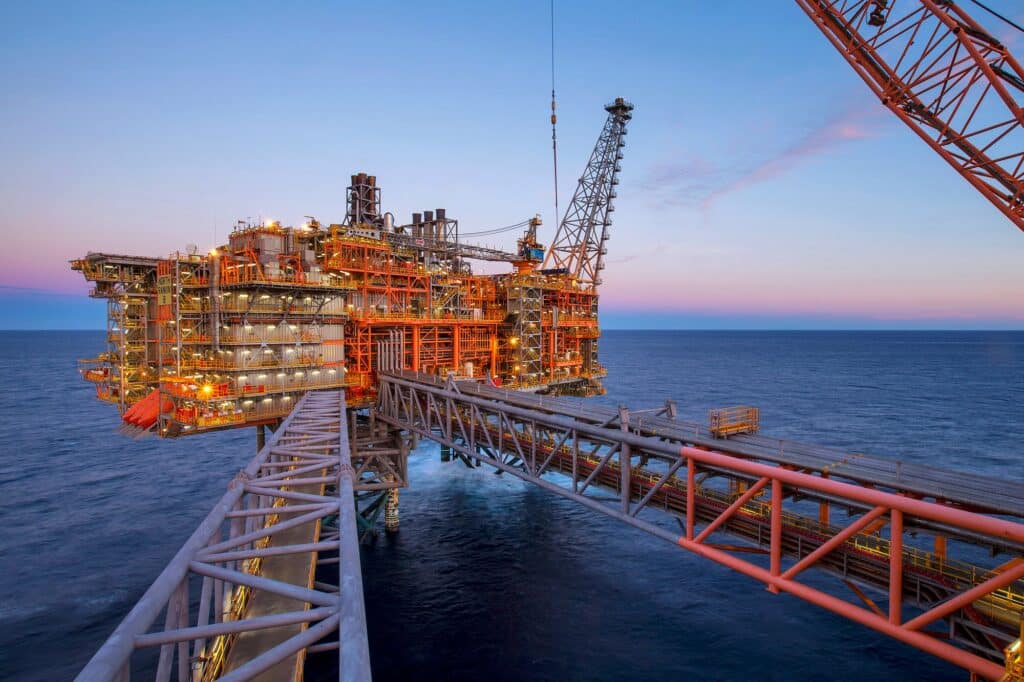Federal Environment Minister Murray Watt today approved Woodside’s $30 billion North West Shelf (NWS) Project Extension in what is being hailed as a win for WA’s economy and energy security.

North Rankin Complex, North West Shelf Project. Image: Woodside
Editor's note: this article was updated on June 16.
The offshore gas project near Karratha has been awaiting environmental approval since 2018.
Minister Watt’s approval comes with strict conditions particularly around cultural heritage management and air quality.
“Following the consideration of rigorous scientific and other advice including submissions from a wide cross-section of the community, I have today made a proposed decision to approve this development, subject to strict conditions, particularly relating to the impact of air emissions levels from the operation of an expanded on-shore Karratha gas plant,” Minister Watt said.
Woodside was given 10 days to determine if it accepts the conditions and respond to the Minister before he makes a final decision. On June 13, the timeline for Woodside was extended, however, a new deadline has not been confirmed.
Approval of the project will enable Woodside to extend the life of the NWS beyond its current 2030 expiry to 2070.
“This proposed approval will secure the ongoing operation of the North West Shelf and the thousands of direct and indirect jobs that it supports,” said Woodside Executive Vice President and Chief Operating Officer Australia Liz Westcott.
“This nationally significant infrastructure has supplied reliable and affordable energy to Western Australia for 40 years and international customers for 35 years and will be able to continue its contribution to energy security.”
The project has an estimated production capacity of 11.4 million tonnes of gas per annum.
It involves developing two floating production storage and offloading facilities and around 900 kilometres of pipeline to Woodside’s existing onshore plant near Karratha.
Gas is vital for industry and community, Cock says
CCIWA CEO Dr Peter Cock said the approval will give certainty to the project’s proponents, industry and the broader community.
“Reliable gas supplies underpin much of WA’s industry and economic activity,” he said.
“The North West Shelf extension will secure Australia’s gas supplies for decades to come, supporting our economy and keeping costs down for families.
“Gas also has around half the carbon emissions of coal in electricity generation, so will be an essential source of energy as we make the transition to renewables.”
Dr Cock said gas was not only crucial for WA, but the rest of the country as it supported industries including iron ore mining, manufacturing, construction, food production, water desalination and products like fertilisers.
“A gas shortage would have devastating impacts on industry and households, but also on our nation’s ability to make the leap to renewables,” he said.
A review undertaken by CCIWA is March of the gas sector found that gas gave WA a competitive edge. It revealed that a shortage of gas supply would slash WA’s economic activity by up to $42b.
Approvals process needs reform or risk investment
Dr Cock said while the decision to approve the extension project was ultimately the right one, lengthy delays risked damaging Australia’s reputation as a good place to invest.
“Woodside should be commended for the detailed and patient work that has led to this outcome, satisfying both state and federal environmental regulators to allow the project to go ahead, subject to strict conditions,” he said.
“The companies that back major projects like this need certainty. If projects are allowed to languish for years in approval pipelines in Australia, investors will simply look elsewhere.”
Dr Cock said duplicated state and federal approvals processes across different timelines was not rigorous or efficient.
To be part of WA’s peak business organisation, get in touch via 1300 422 492 or [email protected].









